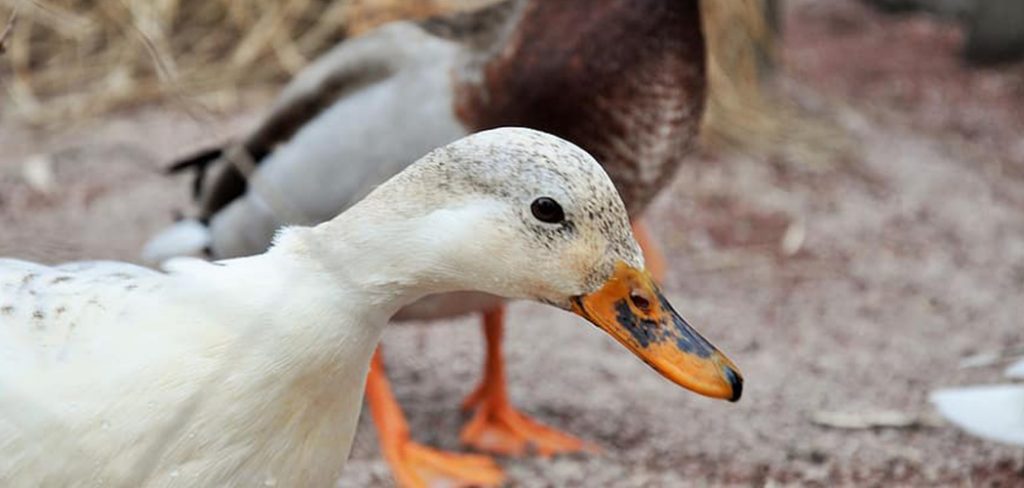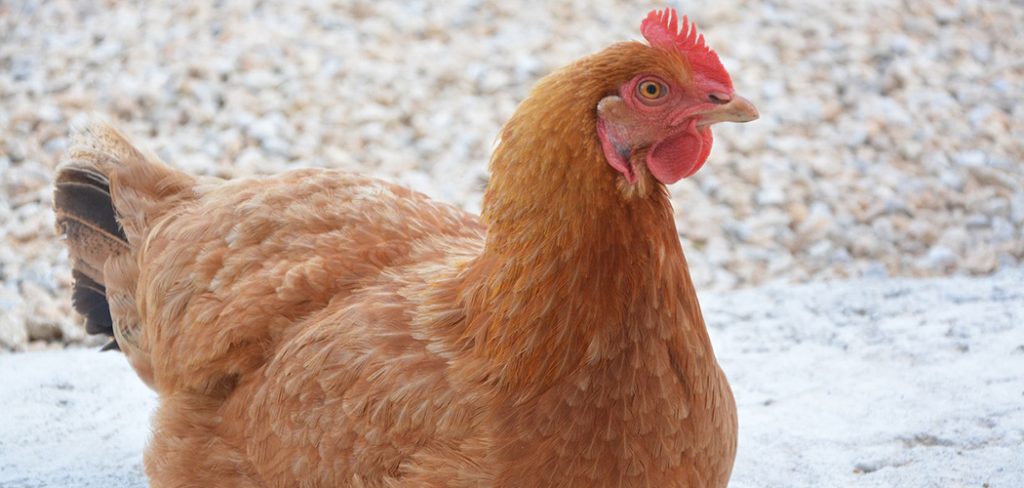Winter presents a challenge that every backyard chicken breeder dreads—a continuous egg supply cut short. If you are an experienced chicken farmer, then you know that during winter, if you do not battle nature at this stage, then this will hinder your chickens laying eggs during winter.
It can be a very tedious process to maintain egg production of your flock during winter, and artificial lighting is only one of the many ways for consideration. On the other hand, when you finish going through this article, you will find out precisely what is needed to maintain your continuous supply of eggs during the cold season.
You will notice that chickens might halt production altogether, but a good number of them will carry on tradition during winter, provided you give them everything they require. Additional lighting and special feed might not be needed at all; provided patience is a virtue you do possess and are contempt with slow rates in production.
Is it Necessary to Force Egg Production During a Cold Season?
Prior to looking at ways you can look at to ensure continuous production, we need to find an answer to this question. Is it ethical for these chickens to continue their egg production during the cold season? These are some of the issues that run in the minds of most chicken owners, since to them, these birds become like household pests. Still, chicken farmers using their backyards raise these birds purely for egg production, and it is their desire that the production rate remains constant even during the cold season.
So What Leads Chickens to Halt Egg Production during Winter?
One of the most probable reasons for chickens to halt egg production is due to the reduction of daylight. Chickens require an average of 14 hours a day of sunlight to lay a single egg, and in regions experiencing winter season, the average daylight hours are 9.5.
Yes, this is true, and many may wonder what role daylight plays when it comes to egg production. The reason that chickens require sunlight is that light cues give signals to chickens as to when to lay eggs—call it a survival instinct, because your girls are well aware that come winter, their chicks won’t survive the cold. This results in their ovaries not receiving eggs during this period, thus the low production rate.
However, the lack of enough sunlight isn’t the only reason preventing egg production for your girls. When winter sets in, your birds use up a lot of energy to stay warm, and due to this, the girls won’t have the required amount of energy for laying eggs. Therefore during the cold season, you should ensure that the chickens have an increased feed.
Additionally, your birds need proper hydration, so make sure that they are not thirsty at all. Now let us look at how you can keep your chickens laying during winter.
How to Maintain Egg Production in Your Chickens
Use Artificial Lighting in their Coops
Keeping your flock under proper lighting conditions during the cold season guarantees maintenance of continuous production of eggs throughout the year; therefore, the use of artificial lighting will guarantee your chickens get the required hours of daylight for egg production.
Now, make sure you use the proper bulb for this. Avoid using the fluorescent light bulb; instead, use a 40w light bulb as this will be excellent in lighting a sizeable coop. Ensure that the light bulb is firmly fitted to avoid it falling on the floor.
Properly Feed You Chickens
Since a timer will come in handy for the light bulb, it will probably be set to light the lamp in the wee hours of the morning. Your birds would be bored, leading them to peck at their own feed, a habit that can be hard to control once it gets out of hand. So you need to feed your chickens properly.
You place and fill the water feeders plus feed for your birds during these early hours in the coop during the night before you retire to bed.
Keep the Chicken Eggs from Previous Season
It is advisable that you rest your chickens in laying eggs during winter. Maybe artificial lighting isn’t your cup of tea, but at the same time, egg production is your primary concern. So what do you do? You can choose to store the chicken eggs from the previous season when the production rate from your chickens is at its peak.
You have the option of either freezing or keeping them refrigerated. If you choose to save the eggs in the refrigerator, your eggs will last a long time more than 3 months, actually if appropriately sealed in an airtight container.
If, however, you plan to store your eggs for more than 3 months, then the best option for you is to freeze your eggs. Unfortunately, this option might appear unfavourable to many since you cannot place the whole egg in the freezer. You will need to separate the egg white and the yolk.
Conclusion
Finally, chickens will halt egg production since their body requires rest in the cold season. You have the choice to either forcing your chickens in laying eggs during winter or allow them to rest. Choosing the latter will require your girls to be in good condition apart from giving them artificial lighting.
Ensure that the feed well and have plenty of water. Daylight plays an important role when it comes to chickens laying eggs; therefore, provide your flock with enough sunlight in the form of artificial lighting. Also, keep in mind that your artificial light source should be away as possible to any flammable substance or sources.
Make sure that your birds have enough food and water in the early hours if you employ the use of artificial lighting. Finally, letting your birds rest during this time is an excellent option as you have the option of preserving eggs that were laid by your chicken in summer; and you have the option of using a freezer or the refrigerator.
Read my other post on DIY mini chicken coop and Chicken egg colors.

